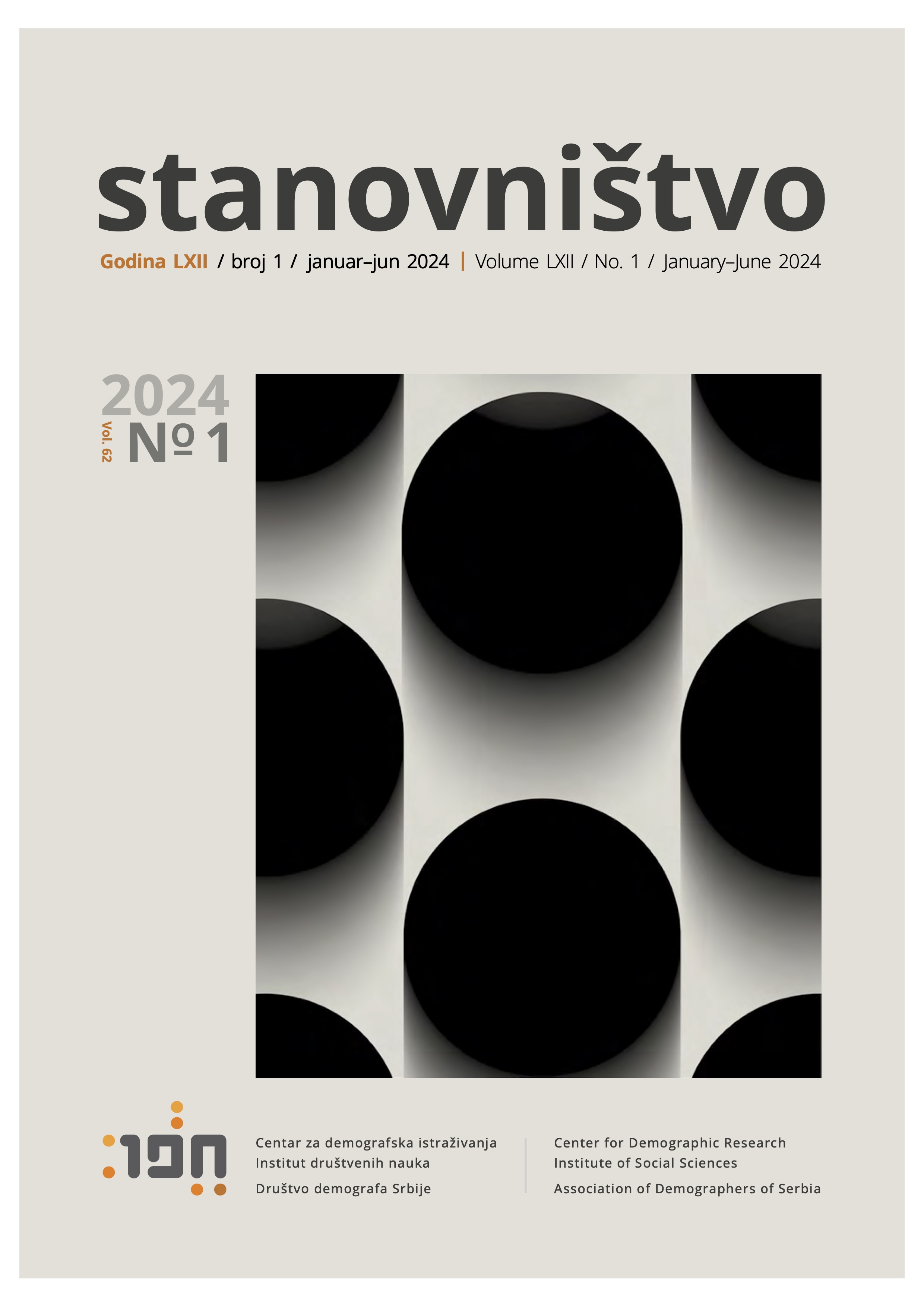Rad nakon penzionisanja u Srbiji iz antropološke perspektive
Work after retiring in Serbia from an anthropological perspective
Author(s): Ljubica Milosavljević, Ana Banić Grubišić, Marija AjdukSubject(s): Anthropology, Demography and human biology, Economic development, Socio-Economic Research
Published by: Институт друштвених наука
Keywords: population ageing; old age; work; pension; anthropology
Summary/Abstract: The task of the qualitative research done in work at one’s old age, i.e. the work activities performed by the so-called old-age pensioners in the Republic of Serbia, was to provide the key information about the structural preconditions for its performance, as well as about the respondents’ main motives to replace the presupposed inactive sphere with an active one. The given analysis was carried out through the prism of the process of the population ageing that is rated as crisis demographic movement lasting for a longer period of time based on the results obtained through the field research conducted in the period from 2020 to 2022 on the basis of a semi-structured interview made with 13 collocutors coming from four cities. The following can be singled out as the most significant results of the research: first of all, the collocutors’ two dominant work strategies. The first implies the continuation of their earlier educational and professional specializations most often in the case of the better-educated respondents who retired from higher job positions. Contrary to that, the second requires a complete change in the activity within which they earn money; they are mainly the collocutors with a lower degree of education, who simultaneously also belong to the category of the younger old. The research study has confirmed that older participants on the labor market may also work in legal settings which are easier to monitor, and in the informal economic frameworks which are only possible to assess. The silver entrepreneurship also appears to be a specific type of entrepreneurship. It is assessed as possessing a potential – which has also been confirmed by the results of the concrete research – but it must necessarily be also supported systemically with the aim of achieving a greater number of the benefits that, generally speaking, arise from work in older age, which on their part include: the improvement of the socioeconomic position, keeping one’s vigor, retaining and expanding social relationships, self-esteem, as well as the need to contribute to the welfare of (younger) household and/or family members. In this manner, some of the most important principles connected with the active ageing concept that, amongst other things, also advocates prolonged staying in the active sphere of work, which on its part needs to be perceived through the presence of the voluntariness of those performing it, whereas on the other hand any compelling of anyone to work should be resolved through adequate social protection measures, have been confirmed. Not only are the obtained results indicative of the complexity of the topic and the significance of studying and bringing into connection the two phenomena: work and ageing that only seemingly exclude each other, but they may also serve as a source for future research studies that require an explicit interdisciplinary approach. As is shown, this is all the more so since the work performed by society’s elderly population does not only exert an influence on their everyday life, but it also has an influence on the lives of the members of their families and the society as a whole where they are becoming older and work.
Journal: Stanovništvo
- Issue Year: 62/2024
- Issue No: 1
- Page Range: 1-21
- Page Count: 21
- Language: Serbian

